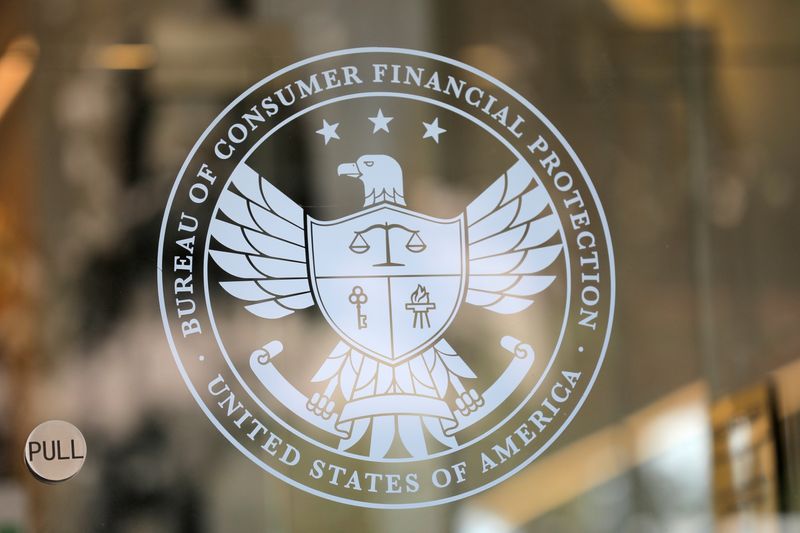This post was originally published on this site

Credit Acceptance (NASDAQ:CACC) shares tumbled Wednesday on the back of news that the Consumer Financial Protection Bureau (CFPB) and the New York State Office of the Attorney General have sued the company for “misrepresenting the cost of credit and tricking its customers into high-cost loans on used cars.”
The CFPB described the company as a “predatory auto lender,” adding that the car buying experience “turns into a nightmare” for many of Credit Acceptance’s borrowers, who then face unaffordable monthly payments, vehicle repossessions, and debt collection lawsuits.
The claims made against CACC include hiding the true cost of credit, setting up borrowers to fail, and closing its eyes to practices that harmed consumers.
Credit Acceptance is one of the U.S.’ largest publicly traded auto lenders headquartered in Southfield, Michigan funding used-car loans for people with low credit scores. The company works with a network of over 12,000 used-car dealers.
CFPB Director Rohit Chopra stated that they are seeking to halt Credit Acceptance’s “illegal practices” and make consumers whole.
“Credit Acceptance obscured the true cost of its loans to car buyers, leading to severe financial distress for borrowers and subjecting them to aggressive debt collection tactics on loans its own systems predicted that borrowers can’t afford to repay,” said Chopra.
At the time of writing, CACC shares are down more than 12%, trading at the $400 per share mark.
“CAC claimed to help low-income New Yorkers purchase cars, but instead, drove them straight into debt,” commented New York Attorney General Letitia James. “CAC steered hardworking New Yorkers onto a path of financial ruin by tricking them into unaffordable, high-interest auto loans while cutting backroom deals with dealers to increase their own profits. These predatory actions hurt innocent people and left them with mountains of debt.”
The action taken against CACC is not the first time it has run into legal issues, with the Massachusetts Attorney General securing a more than $27 million settlement from the company last year.

